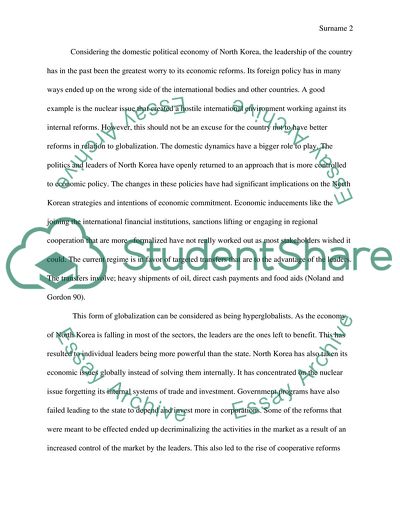Cite this document
(North Korea Philosophy and Foreign Policy Case Study, n.d.)
North Korea Philosophy and Foreign Policy Case Study. Retrieved from https://studentshare.org/politics/1592887-country-case-report
North Korea Philosophy and Foreign Policy Case Study. Retrieved from https://studentshare.org/politics/1592887-country-case-report
(North Korea Philosophy and Foreign Policy Case Study)
North Korea Philosophy and Foreign Policy Case Study. https://studentshare.org/politics/1592887-country-case-report.
North Korea Philosophy and Foreign Policy Case Study. https://studentshare.org/politics/1592887-country-case-report.
“North Korea Philosophy and Foreign Policy Case Study”, n.d. https://studentshare.org/politics/1592887-country-case-report.


